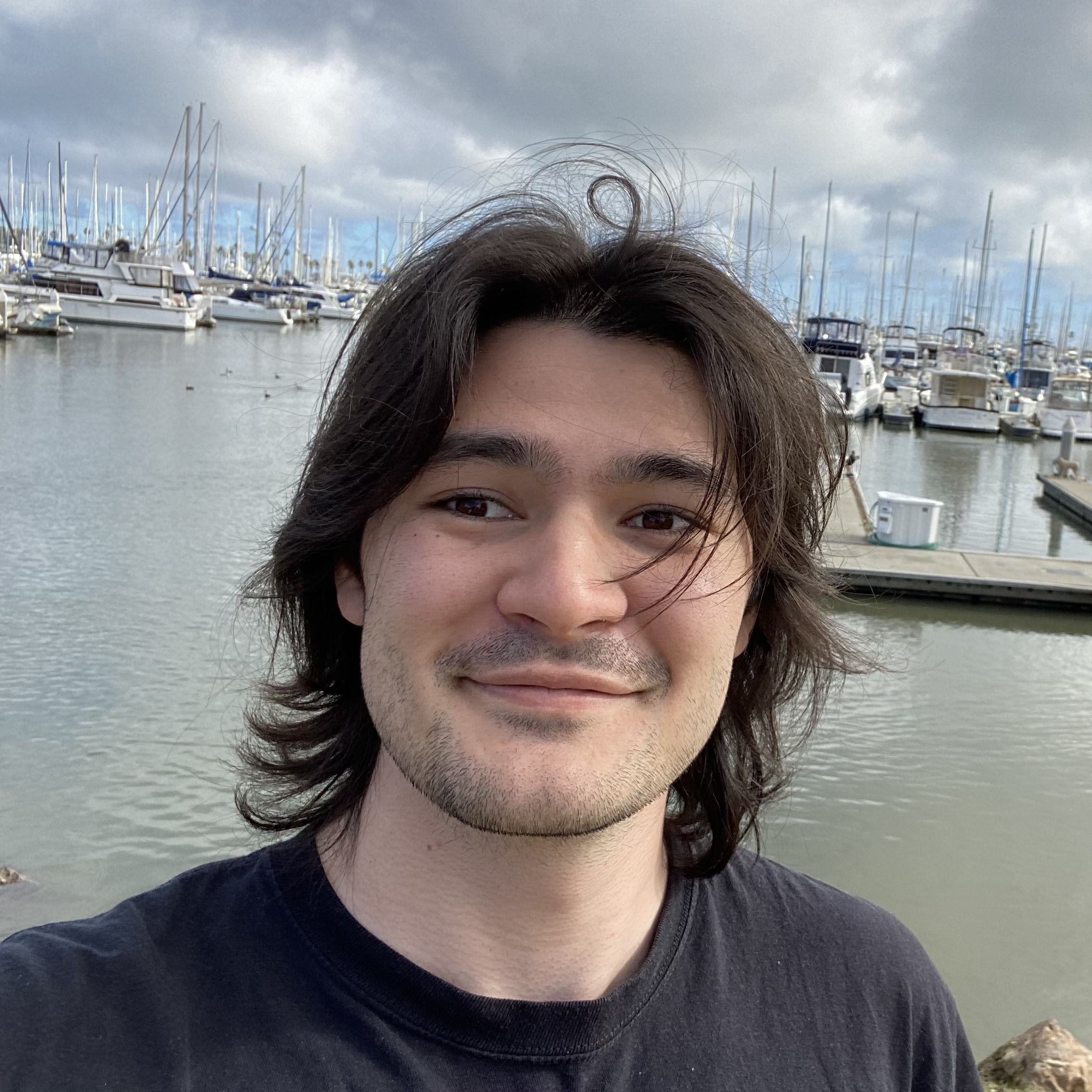Instantiation
James Bowden
Sometimes, when a poem comes to you, you must drop everything:
the bowl you’re washing, your wet and soapy hands, the upstairs you’re about to go,
the sleep schedule you’re fixing, the fleck of food on your otherwise white Mary Oliver book,
the papers for tomorrow morning’s reading group on Bayes (he gets enough attention as it stands)
and neural networks (they, far more than) combined.
You’re in Japan, your last day both here and with your already ex. You crinkle your brain
to try to preserve this moment, break seconds into infinitesimally small chunks of you and him,
of being, such that time is no longer noun, just water all around you.
No. You’re in Princeton, you’ve given up on potentiating this summer away, are ready to leave
it blank. So you call an old friend instead. She tells you about Japan, her ex, how much
she still loved him. How much she still remembers those moments, as if by will.
You will not remember this day, this
No, not the act itself, but the desire with which the act began. The instant.
The slice of time we will do did call home.
Thus begins the poem:
good, how good.
This was inspired by some Mary Oliver stuff, probably “Sometimes” and “Don’t Hesitate” in particular. Also Clarice Lispector and this idea of the instant from Agua Viva. And David Foster Wallace’s “This Is Water”. And Antonia. Also, the No. reminds me of Anne Sexton’s “Jesus Suckles”.
Though this is up to interpretation and even I haven’t fully decided how I shall read it, I suppose this poem is somewhat ekphrastic in that I’m sharing the moment of inception of my poem with you. I’m uncertain about the ordering, since the poem-seed comes at the very end, but obviously all of the other things happened before it anyway so I think I feel okay about it.
